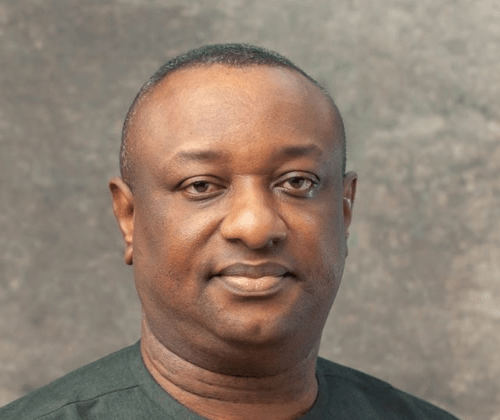Repairs to the recently damaged subsea cables that disrupted Internet connectivity in Nigeria and other West African countries will now take 6 to 8 weeks.
In a recent update, MainOne cited the extent of the damage as the reason for the revised timeline. It noted that the repair vessel had already loaded the required spares. This new timeline is different from the 5 weeks the firm gave earlier.
Also, Chris Wood, chief executive officer (CEO) of West Indian Ocean Cable Company, revealed that repairs to the cable depend on the extent of damage and weather conditions. He noted that the total repairs are expected by mid-April or the end of April.
Despite the extended timeline, MainOne emphasised that it has restored services and enabled regional interconnection last week to ensure stability in the digital ecosystem across the region. The firm said, “We are also actively working with our maintenance partners, vessel owners, and permitting authorities to expedite the repair of our submarine cable. We are optimistic that our cable will be repaired as planned and services fully restored…”
On March 14, 2024, multiple cable cuts off the coast of Cote d’Ivoire and Senegal disrupted internet connectivity in Nigeria, Ghana, Ivory Coast, Senegal, Cote d’Ivoire, and others
These cable cuts are said to have been caused by seismic activity on the seabed, which impacted four cables, bringing internet capacity to the region from Europe. The affected cables included the West African Cable System (WACS), African Coast to Europe (ACE), SAT3, and MainOne.
These cuts impacted internet-dependent services, including bank services in the affected region. To mitigate the impact of this cut, operators have had to reroute their traffic to other functional subsea cables. Earlier, MainOne ruled out human activity and said seismic activity on the seabed may have caused cable breaks impacting internet access.
In a virtual interview with journalists, Wood, the chief executive officer (CEO) of WIOCC, who landed the Equiano cable in Lagos, confirmed that landslides may have caused the cuts.

He highlighted that three ships have been mobilised for repairs. “One is coming up from South Africa, the other is in Cape Verde, and the third is from the UK,” he said. He disclosed that repairs would cost a couple of million dollars.
Wood explained that earlier cable cuts in the Red Sea affected restoration efforts on the continent. “So, three cables were cut in the Red Sea, which also serves Africa. If the Red Sea cable cuts hadn’t been done, more traffic could have been restored going south from Nigeria around South Africa and back up the Red Sea. This incident was compounded by the Red Sea cuts, with three cables affected too,” he stated.

















